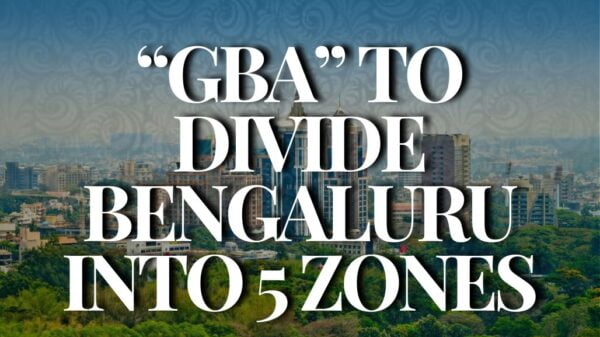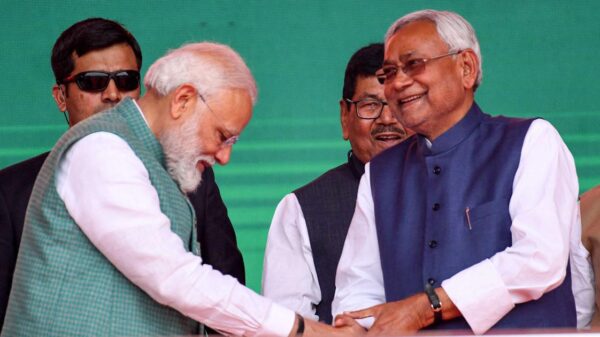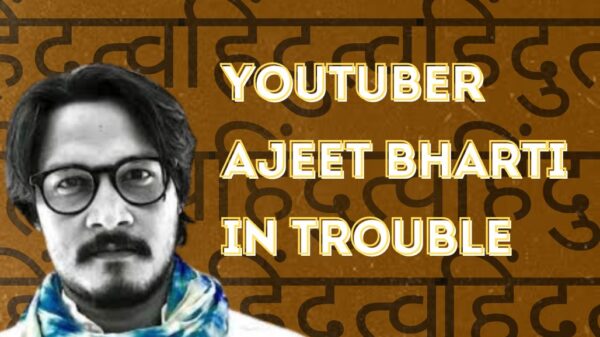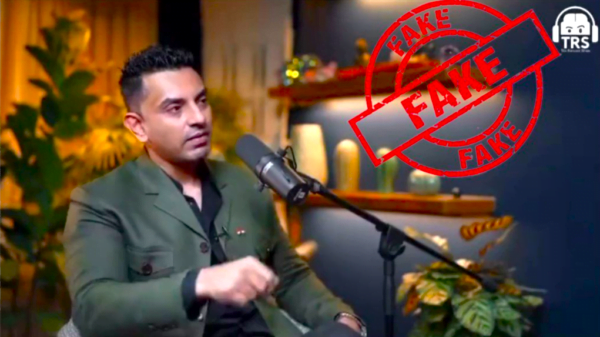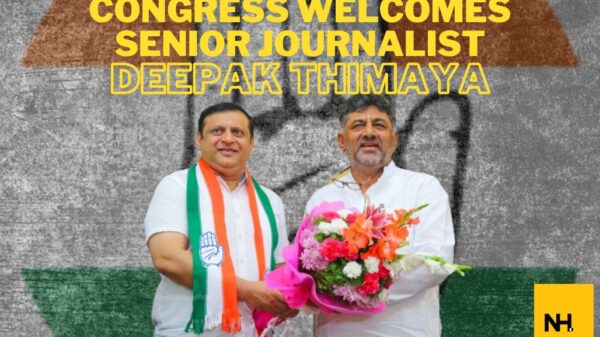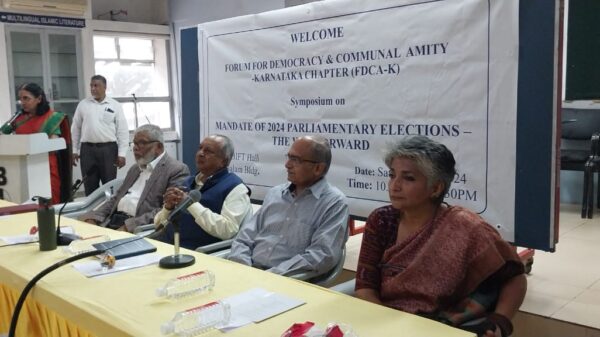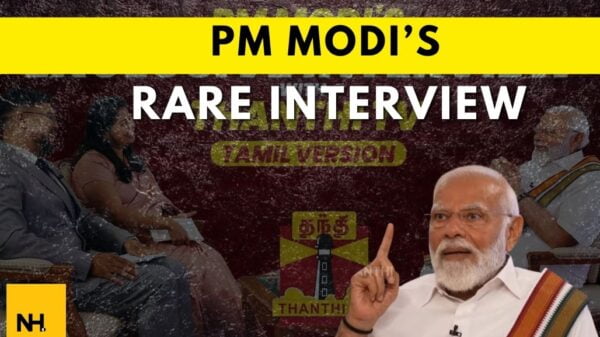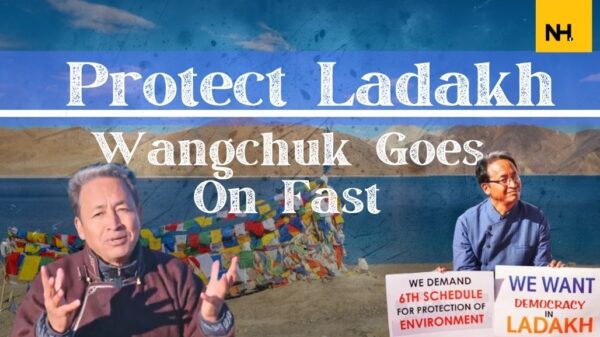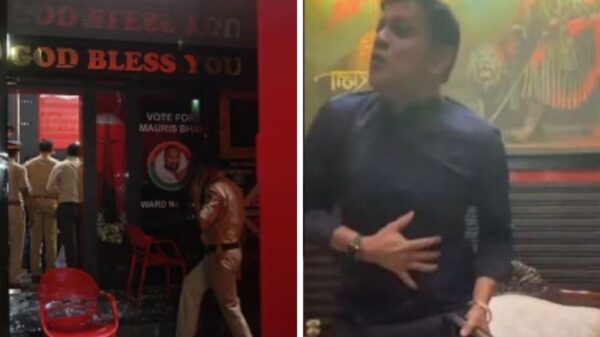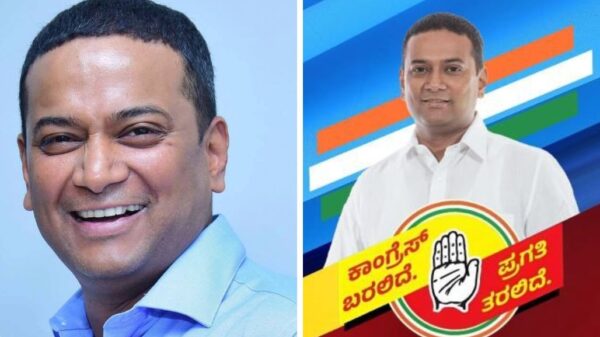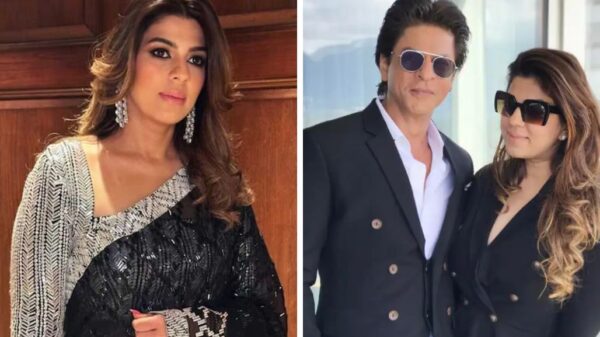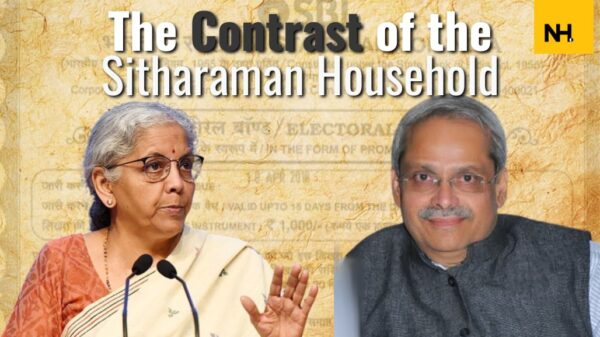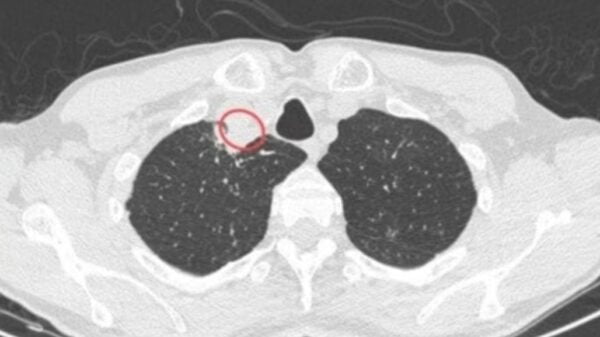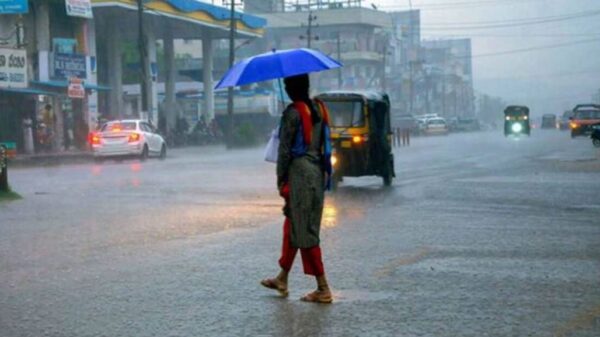During the Gauri Lankesh memorial event, Chief Minister Siddaramaiah emphasized the importance of justice prevailing for Gauri Lankesh and her companions, M.M. Kalburgi, Narendra Dabholkar, and Govind Pansare. He expressed confidence in the strength of the chargesheet and evidence, indicating a hopeful outlook for the conviction of their killers.
Amidst concerns over the lengthy trial process and calls for a special fast-track court, Chief Minister Siddaramaiah made a significant statement. While he did not address the demand for a fast-track court, he drew a parallel between the motives of Gauri Lankesh’s killers and those who assassinated Mahatma Gandhi. Siddaramaiah pointed out that both acts were driven by a commitment to promoting communal harmony in the country.
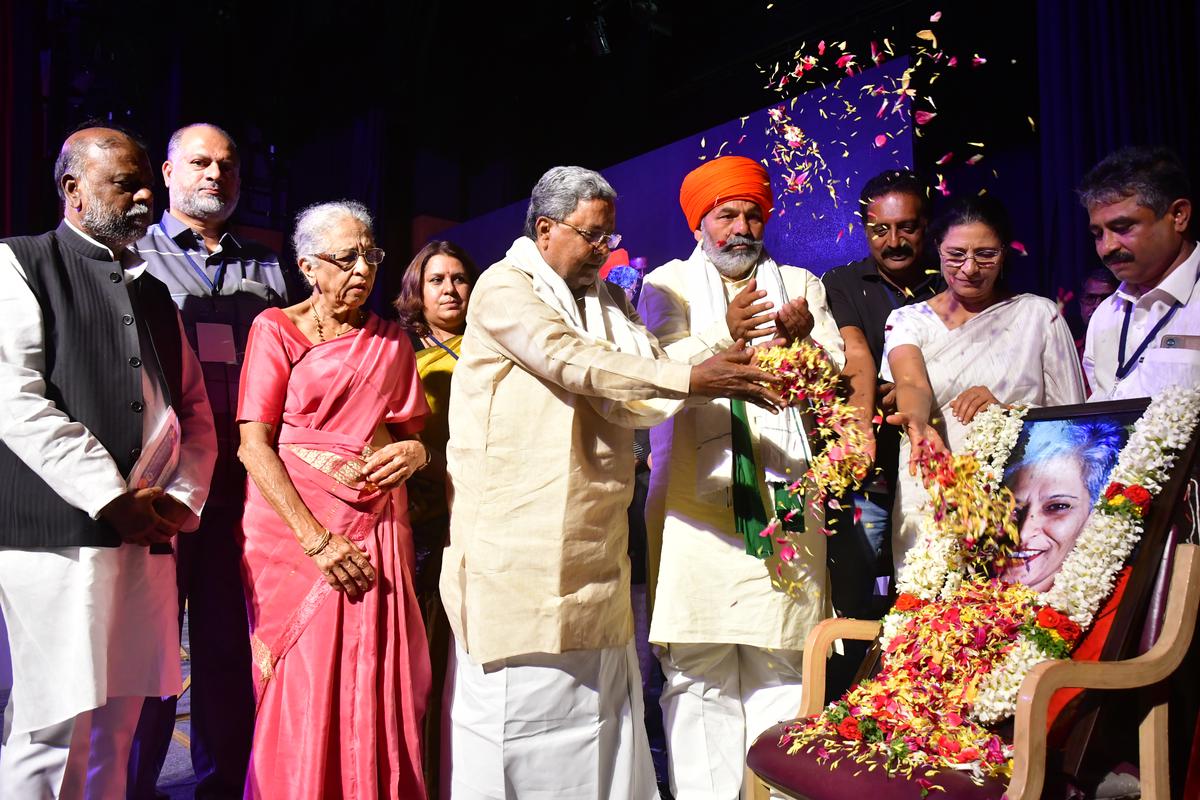
Source: The Hindu

According to The Hindu, He also highlighted the unsettling development of these same forces sending threatening letters to writers, instilling fear among them. To address this issue, he initiated a probe and firmly declared that, regardless of any political support these individuals might have, he would not tolerate any attempts to intimidate writers, activists, or engage in moral policing in the state.
Recounting his association with P. Lankesh and Gauri Lankesh, he said Gauri met him many times when he was Chief Minister during his previous tenure, but never asked for any personal favors. “She always demanded government intervention on behalf of the voiceless,” he said.
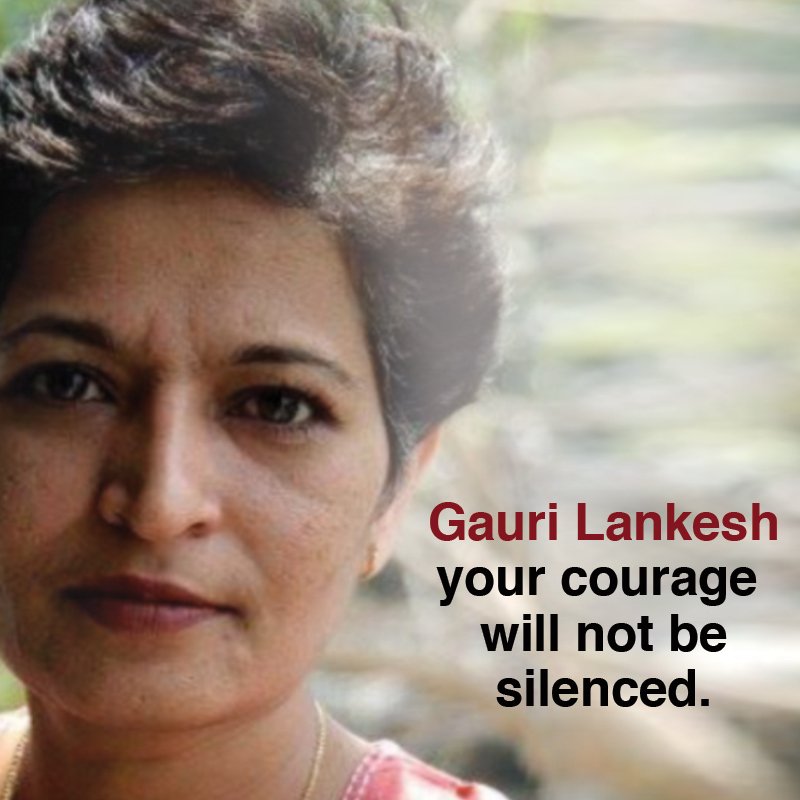
Source: Kractivism
Sanatana Dharma
In response to the recent controversy sparked by Tamil Nadu Minister Udayanidhi Stalin’s comments on Sanatana Dharma, Shailaja Teacher, a prominent leader of the CPI (M) in Kerala, shared her perspective. She indirectly conveyed her disapproval of Sanatana Dharma if it entailed the concept of “Varnashrama Dharma,” which rigidly divides people into hierarchical categories.
She expressed her view that the version of Sanatana Dharma promoted by the Sangh Parivar was essentially a guise for upholding upper-caste dominance. She expressed sorrow that the struggle to protect democracy and the constitution during the 75th anniversary of independence was a reflection of challenging times. Shailaja Teacher also pointed out that the current government aimed to substitute Mahatma Gandhi with V.D. Savarkar, a move that she and others were determined to strongly oppose.
Doubled violence
At the recent event on Tuesday, activist Angela Rangad, representing North East India, particularly Meghalaya, addressed the audience. Given the ongoing conflicts in Manipur, she expressed concern about the current state of India. Angela Rangad, hailing from the Khasi community, emphasized that the vision of India where smaller communities like theirs could have a voice and a stake in the country’s socio-economic landscape seemed distant under the present regime. She criticized the “double engine government” that replaced federalism, attributing it to an increase in violence, division, and unrest.
She argued that the government’s involvement in these issues was intentional and part of a deliberate strategy. Angela Rangad further highlighted her recent visits to conflict-ridden Manipur, where she felt that the region was being used as an experiment in North East India to create an environment conducive to the exploitation of natural resources by corporate interests.
Gauri Lankesh’s family members Kavita Lankesh, Indira Lankesh, farmer leader Rakesh Tikait and Teesta Setalwad, president of the Gauri Memorial Trust, were also present at the event.
Also Read:
Gauri Lankesh Murder: A Glance At The Case As Trial Finally Begins


